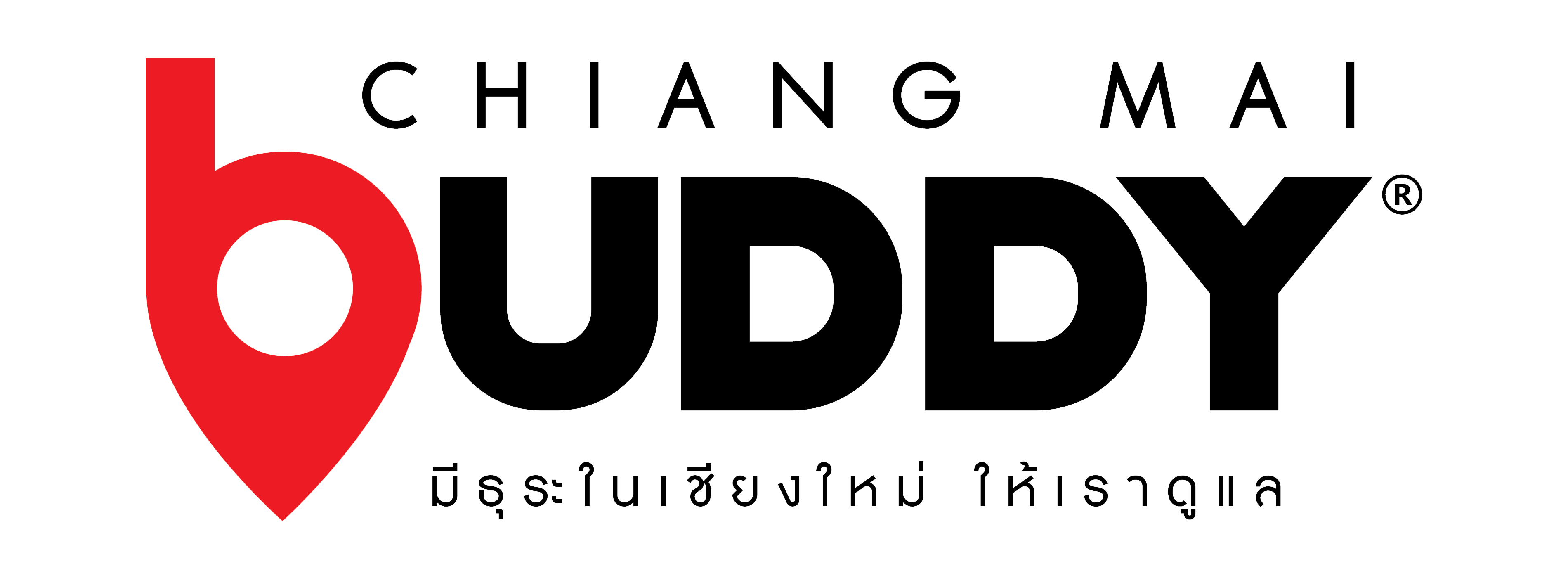The Six Month Tourist Visa for Thailand might soon become a reality. The Visa will cost 5000 baht and allow multiply entries and may soon be followed by a 12 month Tourist Visa.
The Minister for Tourism, Kobkarn Wattanavrangkul said that Prime Minister Prayut Chan-o-cha has given the go ahead for the proposal early August 2015. It is expected to come into effect within 60 days of cabinet approval and publication. BUT! This Visa has been talked about and speculated upon for many years and in particular in the last 6 months.
Current Status of 6 Month Tourist Visa: Not yet Available
Citizens from over 30 countries can currently enter the kingdom without a visa for up to 30 days, but some nationalities are required to pay around 1,000 Baht for a single entry 30 day visa. The new 6 month Tourist Visa is expected to be available for all countries at a cost of 5,000 baht (but as of yet this is speculation)
[hr]
What does the 6 Month Tourist Visa mean for Digital Nomads?
Talk among Digital Nomads about a special Nomad Visa has been rife for the last year or so. Nomad communities will insist that they contribute to the Thai economy and how the country should make things easier for them – being able to live and work here. The reality is this Visa has been created for the growing number of Chinese tourists, in an attempt to have them come multiply times to Thailand and increase their spending. Compared to the Chinese Tourist, the contribution of a few Digital Nomads is insignificant. While this Visa will allow people to come and set up a base in Thailand with the ability to spend a few weeks to a month or so out of the country – you will still be classified as a Tourist.
This means, limited access to opening a Thai Bank Account, an inability to get a Thai Drivers license and all the usual lack of advantages of being in the Tourist Status. It will still be illegal for you to openly work here in Thailand
The Good News
It will make using Thailand (especially Chiang Mai) a base for your South Asia travels. You will be able to secure a 6 month lease on a condo (making for cheaper living with a kitchen), obtain a Bank Account and really have time to commit to your projects with the ability to exit the country and return.
[hr]
What does the 6 Month Tourist Visa mean for Retirees?
This is great news for people wanting to retire in Thailand. Six months will give you the ability to travel around the country and spend a month or so in each of the locations you are considering. You will be able to obtain a Bank Account, and have it ready for the required Funds (800,000 Baht) for the last two months required to obtain a Non O Retirement Visa.
This gives you the ability now to come and visit and make sure you really want to live here in Thailand and the time to make it happen from within the country.
Final Thoughts
At the moment all that has happened is the Prime Minister has approved the idea of this Tourist Visa. It still needs to be passed through the system and made into Law. Then it is expected within 60 days of this happening, the Visa will be available. No amount of publicity or blog posts or newspaper articles telling what we ‘hope’ will happen makes it a reality. Check back to this article every now and again to see the status of progress at the top. This will be updated as events unfold towards the reality of the Six Month Tourist Visa.
[hr]
end

 Option 1: Osprey Farpoint 70
Option 1: Osprey Farpoint 70 Option 2: Minaal Carry On
Option 2: Minaal Carry On


